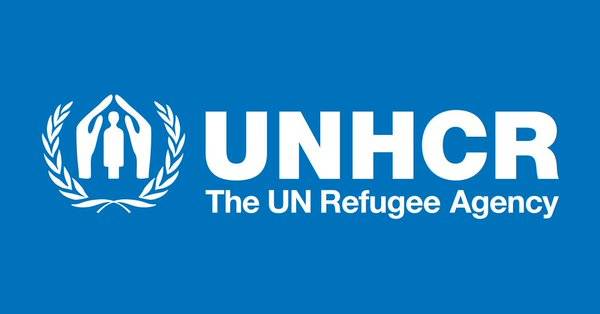News Comment by Vincent Cochetel, UNHCR’s Special Envoy for the Central Mediterranean Situation, on the first evacuation of refugees from Libya to Niger

News Comment by Vincent Cochetel, UNHCR’s Special Envoy for the Central Mediterranean Situation, on the first evacuation of refugees from Libya to Niger
UNHCR, 11 Nov 2017
“I’m pleased to announce that a first group of 25 extremely vulnerable refugees were evacuated today, Saturday 11 November, from Libya to Niger by UNHCR, the UN Refugee Agency.
Among these 25 refugees, there were 15 women, six men and four children of Eritrean, Ethiopian and Sudanese nationalities. All of them will be hosted in a guesthouse in Niamey until their resettlement applications are processed.
I am particularly grateful to the governments of Libya and Niger for making this humanitarian evacuation possible. This life-saving measure for extremely vulnerable refugees is also an extraordinary gesture of solidarity and cooperation between Niger and Libya.
We hope to be able to carry out more evacuations in the near future. However, let me stress that they will remain limited in scale as long as resettlement commitments remain insufficient. I reiterate the High Commissioner’s urgent call for 40,000 places along the routes leading to the Central Mediterranean Sea.
These refugee evacuations can only be part of broader asylum-building and migration management efforts to address the complex movement of migrants and refugees who embark on perilous journeys across the Sahara Desert and the Mediterranean Sea. There is a clear need to create more regular and safe ways for refugees to find safety and international protection, and to address the root causes and drivers of refugee displacement.”
Media contacts:
In Geneva, William Spindler, spindler@unhcr.org, + 41 79 217 30 11
In Niger, Louise Donovan, donovan@unhcr.org, +227 92183473
In Libya, Bathoul Ahmed, ahmedba@unhcr.org, +216 20697635
Among these 25 refugees, there were 15 women, six men and four children of Eritrean, Ethiopian and Sudanese nationalities. All of them will be hosted in a guesthouse in Niamey until their resettlement applications are processed.
I am particularly grateful to the governments of Libya and Niger for making this humanitarian evacuation possible. This life-saving measure for extremely vulnerable refugees is also an extraordinary gesture of solidarity and cooperation between Niger and Libya.
We hope to be able to carry out more evacuations in the near future. However, let me stress that they will remain limited in scale as long as resettlement commitments remain insufficient. I reiterate the High Commissioner’s urgent call for 40,000 places along the routes leading to the Central Mediterranean Sea.
These refugee evacuations can only be part of broader asylum-building and migration management efforts to address the complex movement of migrants and refugees who embark on perilous journeys across the Sahara Desert and the Mediterranean Sea. There is a clear need to create more regular and safe ways for refugees to find safety and international protection, and to address the root causes and drivers of refugee displacement.”
Media contacts:
In Geneva, William Spindler, spindler@unhcr.org, + 41 79 217 30 11
In Niger, Louise Donovan, donovan@unhcr.org, +227 92183473
In Libya, Bathoul Ahmed, ahmedba@unhcr.org, +216 20697635